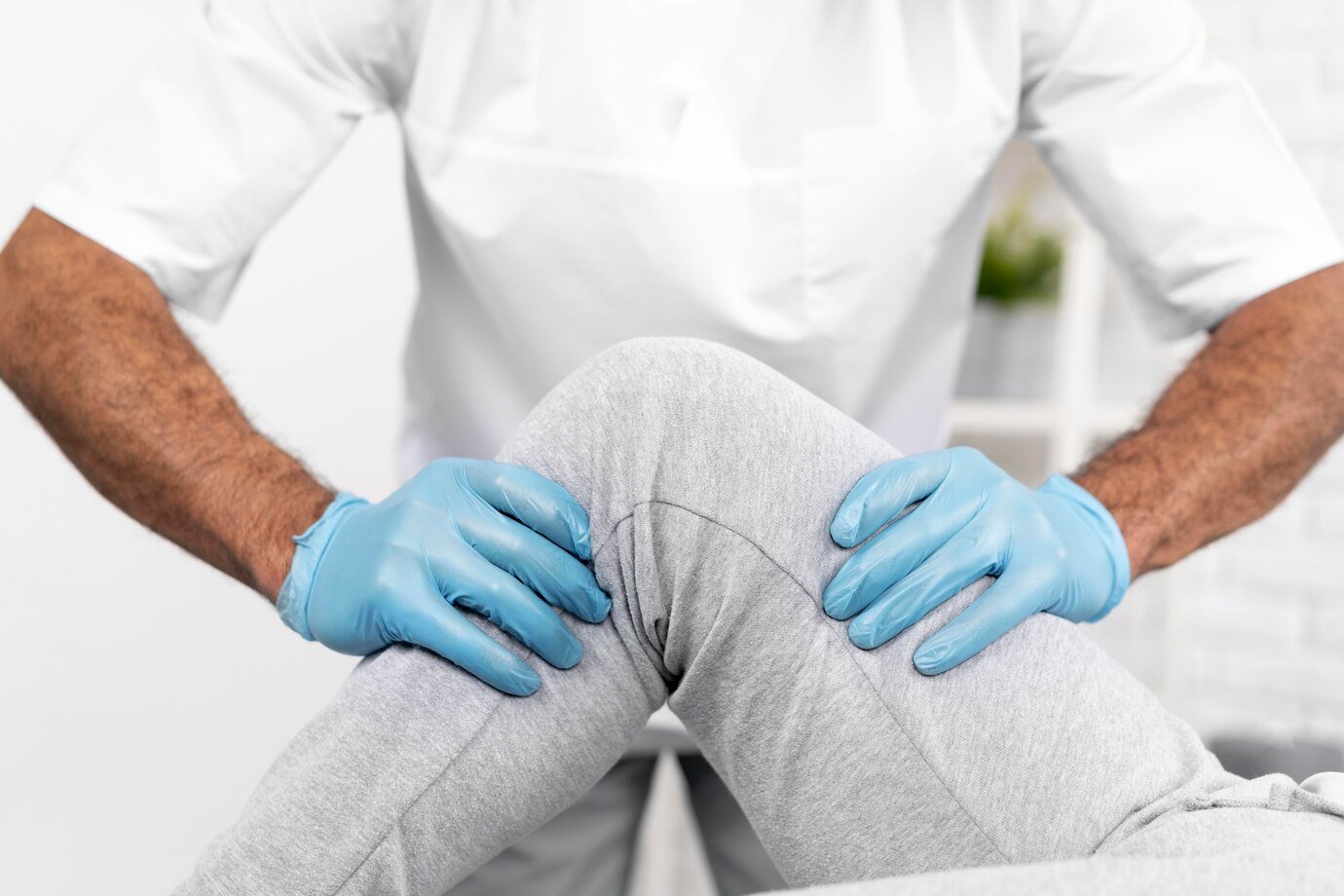Maintaining healthy joints is essential for overall mobility, flexibility, and quality of life. Whether you’re an athlete, an active individual, or someone looking to preserve joint health as you age, adopting preventive measures can significantly reduce the risk of orthopedic issues. Here’s a comprehensive guide on how to keep your joints healthy and functional throughout life.
Importance of Joint Health
Joints are pivotal to every movement our bodies make, from walking and bending to more complex activities like running or playing sports. Healthy joints enable us to maintain an active lifestyle and perform daily tasks without pain or limitations. Taking proactive steps to protect joint health can prevent conditions such as arthritis, injuries, and degenerative diseases that affect joint function.
Tips for Maintaining Joint Health
1. Stay Active with Low-Impact Exercises
Regular physical activity is crucial for joint health, as it strengthens muscles around the joints, improves flexibility, and supports overall joint function. Opt for low-impact exercises such as swimming, cycling, walking, or yoga, which are gentle on the joints while providing cardiovascular benefits and promoting joint lubrication.
2. Maintain a Healthy Weight
Excess body weight places added stress on joints, particularly weight-bearing joints such as the knees, hips, and spine. Maintaining a healthy weight through a balanced diet and regular exercise reduces the risk of joint strain, arthritis, and related complications. Consult with a healthcare professional for personalized guidance on nutrition and weight management.
3. Practice Proper Posture and Body Mechanics
Good posture reduces joint strain and supports spinal alignment, preventing musculoskeletal imbalances and potential injuries. Whether sitting, standing, or lifting objects, practice proper body mechanics to distribute weight evenly and minimize stress on joints. Avoid prolonged periods of sitting or standing in one position to prevent stiffness and discomfort.
4. Warm-Up and Stretch Before Physical Activity
Before engaging in exercise or strenuous activities, warm-up exercises prepare muscles and joints for increased activity levels. Incorporate dynamic stretching routines to improve joint flexibility, enhance blood flow, and reduce the risk of muscle strains or ligament injuries during physical exertion.
5. Protect Joints During Sports and Activities
Use appropriate protective gear, such as knee pads, wrist guards, or supportive footwear, when participating in sports or recreational activities. Proper equipment helps absorb impact forces, reduce joint stress, and prevent acute injuries that can lead to long-term joint damage or instability.
6. Stay Hydrated and Eat a Nutrient-Rich Diet
Hydration is essential for joint health, as water lubricates joints and supports the cushioning properties of cartilage. Drink plenty of water throughout the day to maintain joint mobility and prevent dehydration-related joint stiffness. Incorporate a balanced diet rich in antioxidants, omega-3 fatty acids, and vitamins C and D to support joint function, reduce inflammation, and promote tissue repair.
7. Avoid Overuse and Repetitive Movements
Repetitive motions or overuse of specific joints can lead to chronic stress injuries, tendonitis, or cartilage breakdown over time. Vary your activities and incorporate rest periods to allow joints time to recover and prevent cumulative strain. Alternate between different types of exercises or activities to distribute workload across multiple muscle groups and joints.
8. Quit Smoking and Limit Alcohol Consumption
Smoking negatively impacts circulation and oxygen delivery to tissues, including joints, which can accelerate cartilage breakdown and increase the risk of arthritis. Quit smoking to improve overall joint health and reduce inflammation. Similarly, limit alcohol consumption, as excessive alcohol intake can weaken bones and contribute to joint inflammation and pain.
9. Manage Stress and Prioritize Sleep
Chronic stress can exacerbate inflammation and joint pain, affecting overall musculoskeletal health. Practice stress management techniques such as meditation, yoga, or deep breathing exercises to promote relaxation and reduce tension in muscles and joints. Prioritize quality sleep to support tissue repair, muscle recovery, and joint healing.
10. Regular Health Check-Ups and Joint Assessments
Schedule regular check-ups with a healthcare provider to monitor joint health and address any concerns or symptoms early. Periodic assessments, including X-rays or joint function tests, help detect early signs of arthritis, injuries, or degenerative changes, allowing for timely intervention and preventive measures.
Conclusion
Maintaining joint health is a lifelong commitment that requires proactive efforts and healthy lifestyle choices. By incorporating these tips into your daily routine, you can support joint function, reduce the risk of orthopedic issues, and enjoy an active, pain-free lifestyle. Whether you’re aiming to prevent joint injuries, manage arthritis symptoms, or optimize overall musculoskeletal health, prioritizing joint care empowers you to live life to the fullest and preserve mobility for years to come.
For personalized guidance on maintaining joint health or addressing orthopedic concerns, consult with an orthopedic specialist like those at Dr. Ahmed AlMousa’s practice. With expertise in orthopedic care and a commitment to patient-centered wellness, healthcare professionals can provide tailored recommendations and comprehensive care to support your joint health journey effectively.
